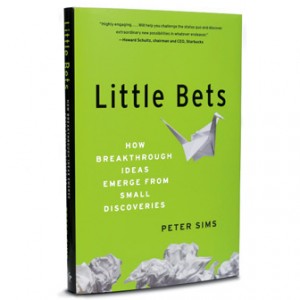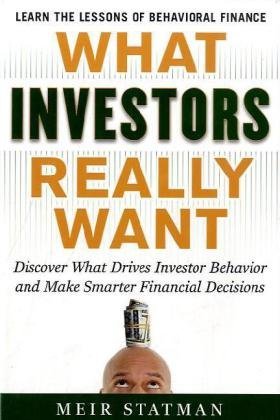On Tradestreaming Radio, we’re interviewing lots of innovative entrepreneurs, investors, and researchers all trying to make investors better at what they do. Check out our archives. Subscribe on iTunes.
Audio transcription provided by Speechpad.com.
Announcer: Live from the Internet, it’s Tradestreaming Radio with your host, Tradestreaming.com’s own Zack Miller.
Zack: Hey, this is Zack Miller, and this is Tradestreaming Radio, our place on the Internet to talk about tools, tips, and technologies to
help make you a better, more accurate investor. This is our podcast.
You can find this podcast on iTunes. You can also find this podcast and all of our archives on my website, Tradestreaming.com. There’s a lot of great content there as well. Come drop by, leave us a comment. Let us know what you think about the podcast, and let us know what we can do better. This is about you guys and helping bubble up great ideas from expert opinion to help us all in our daily work.
Very honored today, we have a bestselling author guest. His name is Tim Sanders. He’s a consultant of Fortune 1000 companies and
an international keynote speaker. He’s authored four books, the first of which was the New York Times and international bestseller, Love Is the Killer App: How to Win Business and Influence Friends . His newest book is called Today We Are Rich: Harnessing the Power of Total Confidence
. His newest book is called Today We Are Rich: Harnessing the Power of Total Confidence
We met up with Tim on a grueling three-month road show, where he was talking at conventions, speaking in front of affiliate groups, and obviously launching his book. Tim, in the same steps as Todd Tresidder, who we had on a couple of weeks back, is a motivational speaker. But he’s more than that. He helps meld thought, breaking our thoughts, getting us thinking about positive, and actually bringing us into action with those thoughts.
This was a field I hadn’t really given a lot of thought to when we first started the podcast. In fact, I was focusing more on the pure investment, the quant side, even the qualitative side. This is more touchy-feely in my mind, but I find I got a lot of great feedback from Todd’s financial mentor podcast. This one’s a great one. Tim’s going to help us talk about everything about the diet we should feed our mind, breaking out of sort of a loser thought process and finding meaning in everything that we do. I found this conversation with Tim incredibly uplifting, and it made me actually go want to fight a bear. So I hope you find it as interesting. Let us know what you think. We’ll just jump right into the conversation. Continue reading “Become a better investor by boosting your confidence – with Tim Sanders (transcript)”

















